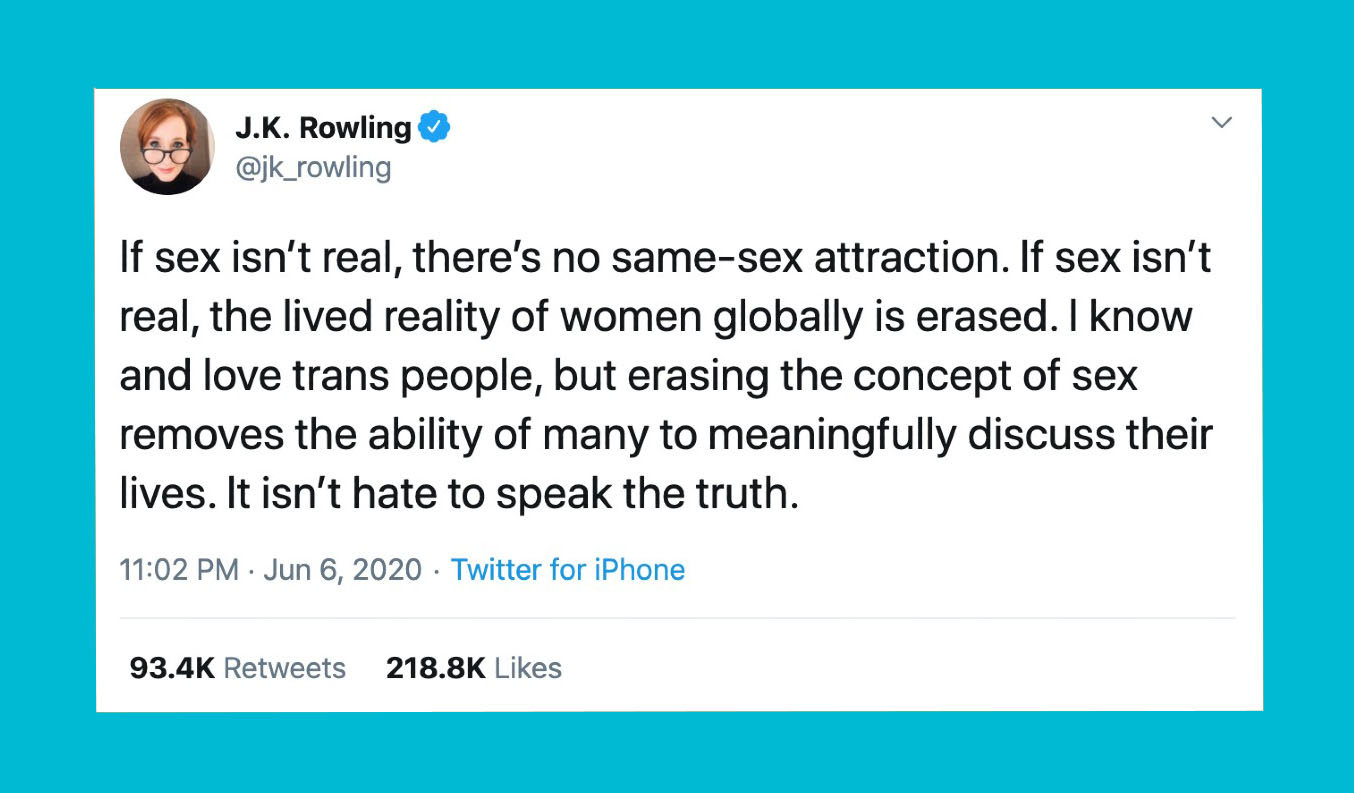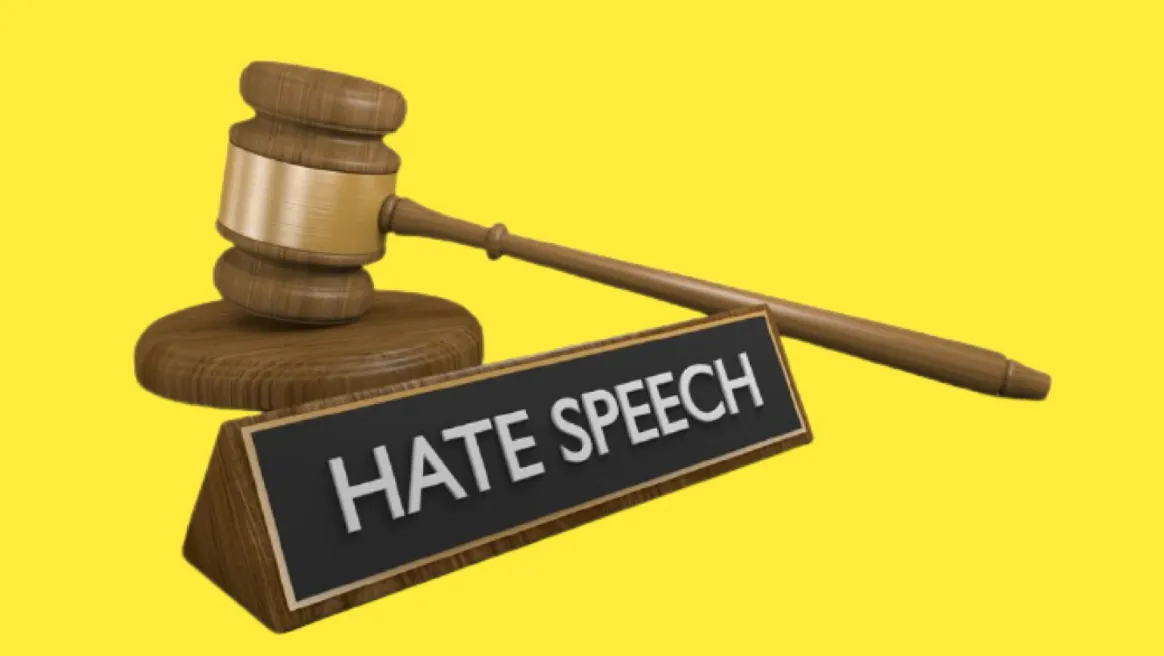Table of Contents
“Free-speech is my right to say what you don’t want to hear”
– George Orwell
You can view and download the full Hate Speech fact sheet here.
MAKE A SUBMISSION TO THE MINISTRY OF JUSTICE by 6 August 2021
In a free and open society, distasteful opinions are met with open inquiry, civil dialogue and debate. If I don’t like what you say, even if I find it offensive, I meet your ideas with my own in an attempt to discover something approaching the truth. But this is all about to change, with potentially devastating consequences.
Who Decides What’s “Hateful”?
One of the most disturbing realities of criminalising “hateful” speech is that there is simply no universally agreed upon definition of what constitutes “hate” in speech. For a law to be just, those who are controlled by it must be able to clearly see what it permits and what it forbids – and hate speech laws have proven throughout history to be unable to do this. Without a clear definition, how will you know when or if you have broken the law?
“There is no jurisdiction in the world where a statute has been enacted that offers a clear definition of what hate speech is. Consequently, it is left to the police and the courts to determine. This raises the problem of citizens not knowing precisely where the boundary of criminality of speech begins.”
Historian and Professor, Dr Paul Moon1
Historian and Professor, Dr Paul Moon1
Imagine road laws with strict penalties for speeding, but with no speed limits in those laws, or no speed limits posted on our roads; just a vague sense that the courts get to decide on a case-by-case basis if you were speeding or not. You could never know if you were breaking the law and would live in constant fear of punishment.
So the first and most important question in the debate on hate speech is: What constitutes “hate”? Who gets to decide? Who will be the moral arbiters who determine when and if someone is guilty of “hateful” speech?
Harry Potter author J.K. Rowling faced hefty backlash and calls to ban her books after she posted a series of tweets about transgenderism and biological sex.2

Cultural Fragility
Another problem is the growing fragility of a society increasingly subject to emotionally-based reasoning. Those who are easily “triggered” by offence tend to automatically presume hateful motives where none exist. Criticism and ridicule end up being construed as harmful and thus the desire to treat them as criminal acts.
Traditional beliefs about human sexuality and identity, which have been held by the majority of humankind across diverse cultures for thousands of years, are only recently construed as “hateful” by the LGBT community.
Some passages from the Bible are indeed insulting. After all, who wants to be told they are a sinner? Yet the claim that “We are all sinners in need of forgiveness” is central to the Christian faith and has never been motivated by “hate”, quite the contrary.
Under these proposed laws, people’s presumed reactions to your speech will become crucial to determining criminal intent. You may not actually intend harm, but if your speech is considered as showing hatred towards a particular group of people, you can be charged with inciting hatred and face a criminal conviction.
Your Right to Speak = Your Right to Hear = Your Right to Think
The right to freedom-of-speech may seem minor to most kiwis who typically don’t have public platforms under threat. But this issue runs much deeper than just your right to speak, as it also includes your right to HEAR, and your right to THINK.
You have a right to hear both sides of any debate3 – even viewpoints which are wrong or offensive to you. Laws which prevent others from speaking freely result in you no longer hearing opinions you might want to hear and evaluate for yourself. You have a right to offend, but also a right to be offended, meaning you have a right to hear ideas and perspectives which you disagree with.
In addition, if I say you’re free to sit anywhere in the room, but I will punish you if you don’t sit on the chair I’ve chosen for you, then you are not truly free. Likewise, freedom of conscience means you can believe what you want, but hate speech laws will forbid you from expressing viewpoints which deviate from a vocal minority. So are you really free to think what you want?
Freedom of conscience – the freedom to think – is not truly free if you are not free to act on your beliefs and speak your mind.
A Speak Up For Women billboard (see below) was removed recently in Wellington. In a statement, billboard company Go Media said it was removed as soon as the company started fielding calls from offended New Zealanders.4

Speak up for Women sought to hold public meetings to highlight threats to protected female-only spaces by biological men identifying as women. They have been subject to an intense smear campaign, uncharitably labelled a “hate group”, and harassed by public officials, councillors and mayors seeking to cancel their events. There is little doubt, if hate speech laws existed today, they would have been used to full effect to shut down this group.
In 2019 Finnish MP and former Minister of the Interior, Päivi Räsänen was prosecuted with three criminal charges of a hate crime, facing two years of imprisonment for each, for publicly voicing her opinion on marriage and human sexuality and for questioning the leadership of her church for sponsoring an LGBT Pride event.5
Not an Absolute Right
Unfortunately, however, some will abuse their right of free speech with ‘shock tactics’ intentionally designed to inflict deep hurt and offence to gain attention for their cause. We must not be afraid to call such behaviour out as intentionally offensive and unwarranted.
Free speech is not an absolute right, and the right to offend and be offended is not an end in itself, but simply the best means we have of wrestling with competing truth claims in the midst of conflicting viewpoints. Exercising free speech responsibly and thoughtfully is the best antidote to hate speech. But we still have a moral obligation to others to speak respectfully and kindly, even in disagreement.
END NOTES
1. Dr Paul Moon. Law News, Issue 22, 9 July 2021, Pg 4
2. https://apnews.com/article/entertainment-jk-rowling-us-news-media-7338b2b262090c00f04deafe2e6689c2
3. The right to hear both sides was affirmed by the NZ Court of Appeal in the leading NZ case on freedom of expression under the NZ Bill of Rights, Living Word Distributors Ltd v Human Rights Action Group Ltd [2000] 3 NZLR 570, CA. Repeated attempts were made after this decision to have it reversed by legislation, but it remains a bastion for freedom of expression in New Zealand.
Please share this article so that others can discover The BFD.









